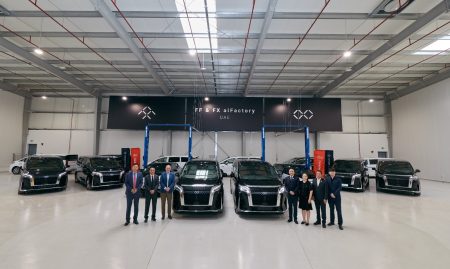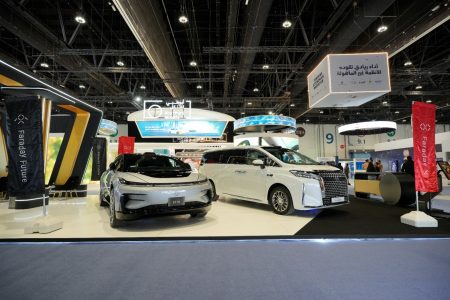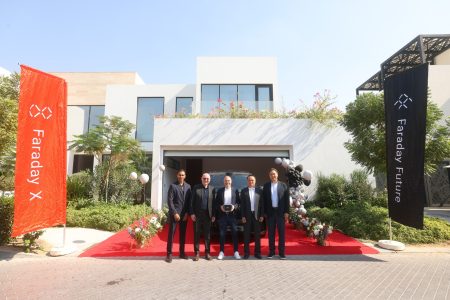Summarize this content to 2000 words in 6 paragraphs in Arabic Stay informed with free updatesSimply sign up to the Artificial intelligence myFT Digest — delivered directly to your inbox.Former Google chief Eric Schmidt has warned that western countries need to focus on building open-source artificial intelligence models or risk losing out to China in the global race to develop the cutting-edge technology. The warning comes after Chinese start-up DeepSeek shocked the world last month with the launch of R1, its powerful-reasoning open large language model, which was built in a more efficient way than its US rivals such as OpenAI. Schmidt, who has become a significant tech investor and philanthropist, said the majority of the top US LLMs are closed — meaning not freely accessible to all — which includes Google’s Gemini, Anthropic’s Claude and OpenAI’s GPT-4, with the exception being Meta’s Llama. “If we don’t do something about that, China will ultimately become the open-source leader and the rest of the world will become closed-source,” Schmidt told the Financial Times. The billionaire said a failure to invest in open-source technologies would prevent scientific discovery from happening in western universities, which might not be able to afford costly closed models. Schmidt was speaking at the AI Action Summit in Paris this week, which also saw US vice-president JD Vance vow that the US would remain the dominant force in the technology.OpenAI chief Sam Altman said last month he had been on the “wrong side of history” when it came to open-source models, suggesting the company needed to develop a new strategy that moved away from expensive closed models. However, the group has taken early strides in developing the technology, leading to the start-up holding talks with SoftBank over a huge funding round at a $260bn pre-money valuation. Other US Big Tech giants, including Google and Amazon, have also invested billions on closed models, believing it will be the best way to secure returns on significant investment. “I think that [Altman] was being a little too quick,” said Schmidt, adding that the future of AI dominance lay in combining both open- and closed- source AI models. While the US had dominated the first phase of AI development by building powerful AI models such as GPT-4, Europe had a chance to reap economic gains by thinking about how to apply AI to businesses through building “applications” on top of the technology, said Schmidt. “Europe’s got to get its act together,” he said. “The application layer is profoundly powerful, and it will make your Europe more efficient.” On Wednesday, Schmidt announced he was investing $10mn to create a new AI Safety Science programme through Schmidt Sciences, a non-profit he set up with his wife, Wendy. The programme will include 27 projects working on fundamental research into safety problems in AI. The awardees include Yoshua Bengio, a Turing prizewinning computer scientist, who will develop a risk mitigation technology for AI systems, and Zico Kolter, an OpenAI board member and professor at Carnegie Mellon University, who will explore AI attacks. Schmidt called for the west to collaborate with the Chinese on AI safety, as the country would face the same issues around the powerful technology. He compared this to the kind of information sharing done between militaries when they test rockets, for example. “How could it possibly be bad for us to give them information that they could use to make their models more safe?” he said. Additional reporting by John Thornhill
rewrite this title in Arabic Eric Schmidt warns west to focus on open-source AI in competition with China
مقالات ذات صلة
مال واعمال
مواضيع رائجة
النشرة البريدية
اشترك للحصول على اخر الأخبار لحظة بلحظة الى بريدك الإلكتروني.
© 2026 جلوب تايم لاين. جميع الحقوق محفوظة.








